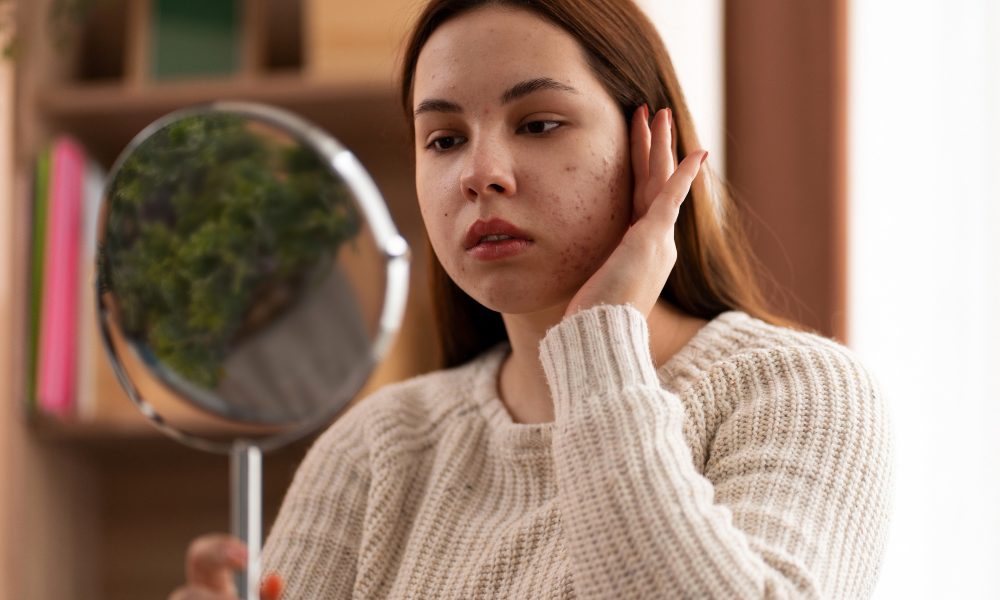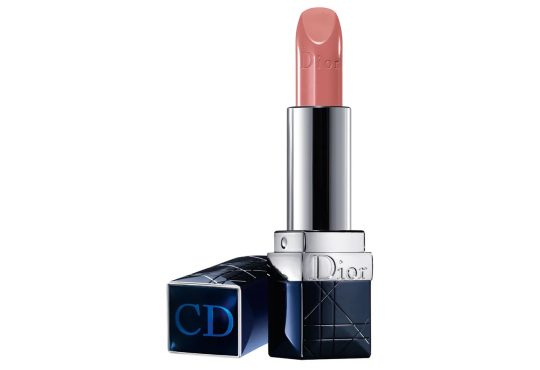
What Is Acne and What Are the Causes?
Acne is a widespread skin condition that affects millions of people worldwide, regardless of age, gender, or ethnicity. It is characterized by the presence of pimples, blackheads, whiteheads, cysts, and nodules on the skin, particularly on the face, neck, chest, shoulders, and back. While acne is most commonly associated with adolescence and hormonal changes during puberty, it can persist into adulthood and may flare up or worsen due to various factors. Understanding the causes of acne is essential for effectively managing and treating this common skin concern.
Uncovering the Culprit
At the root of acne lies the sebaceous glands, which are tiny oil-producing glands located within the skin’s follicles. These glands produce sebum, an oily substance that helps to lubricate and protect the skin. However, when the sebaceous glands produce too much sebum or become clogged with dead skin cells and debris, it can lead to the formation of acne lesions. Excess sebum production can create an ideal environment for the proliferation of acne-causing bacteria, inflammation, and the formation of pimples and other blemishes.
The Influence of Hormones on Acne
Hormonal imbalances play a significant role in the development of acne, particularly during adolescence and periods of hormonal fluctuations such as menstruation, pregnancy, and menopause. Hormones like testosterone stimulate the sebaceous glands to produce more sebum, leading to oily skin and increased acne flare-ups. Additionally, hormonal changes can affect the skin’s natural shedding process, leading to the accumulation of dead skin cells and the formation of clogged pores. Hormonal acne tends to appear in specific areas of the face, such as the chin, jawline, and cheeks.
The Influence of Genetics on Acne Risk
Genetics also play a role in determining an individual’s susceptibility to acne. Research suggests that certain genetic factors can predispose individuals to develop acne, including variations in the genes responsible for sebum production, inflammation, and skin cell turnover. If one or both parents have a history of acne, there’s an increased likelihood that their offspring will also experience acne at some point in their lives. While genetics alone may not determine the severity or persistence of acne, they can influence an individual’s overall risk and response to treatment.
Exploring the Connection Between Diet and Acne
While the link between diet and acne is still a subject of debate among researchers, some studies suggest that certain dietary factors may contribute to the development or exacerbation of acne. High-glycemic foods like sugar, refined carbohydrates, and dairy products have been implicated in increasing insulin levels, which in turn can stimulate sebum production and inflammation, leading to acne breakouts. Additionally, some individuals may be sensitive to specific foods or ingredients that trigger an immune response and contribute to skin inflammation and blemishes. However, more research is needed to fully understand the role of diet in acne development.
External Triggers That Aggravate Acne
In addition to internal factors like hormones and genetics, environmental factors can also contribute to acne development and aggravation. Exposure to pollutants, cigarette smoke, and other environmental toxins can increase inflammation and oxidative stress in the skin, leading to acne flare-ups. Additionally, factors like humidity, sweating, and wearing tight clothing or hats can create a conducive environment for acne-causing bacteria to thrive and proliferate. It’s essential to minimize exposure to environmental triggers and maintain good skincare habits to reduce the risk of acne breakouts.
The Impact of Stress on Skin Health
Stress is another significant factor that can exacerbate acne and other skin conditions. When we’re stressed, our bodies produce higher levels of cortisol, a stress hormone that can trigger inflammation and increase sebum production in the skin. Chronic stress can disrupt the skin’s natural balance, weaken the immune system, and impair its ability to heal and regenerate. Additionally, unhealthy lifestyle habits like poor diet, lack of sleep, and inadequate skincare can further contribute to acne development and worsen existing breakouts. Managing stress and adopting healthy lifestyle habits are essential for maintaining clear, healthy skin.
Navigating the Complexities of Acne Causes
In conclusion, acne is a multifactorial skin condition influenced by a combination of internal and external factors, including hormonal imbalances, genetics, diet, environmental triggers, stress, and lifestyle habits. While the exact causes of acne may vary from person to person, understanding these underlying factors is essential for effectively managing and treating acne breakouts. By adopting a holistic approach to skincare, addressing underlying imbalances, and making lifestyle modifications, individuals can reduce the frequency and severity of acne flare-ups and achieve clearer, healthier skin in the long term.



